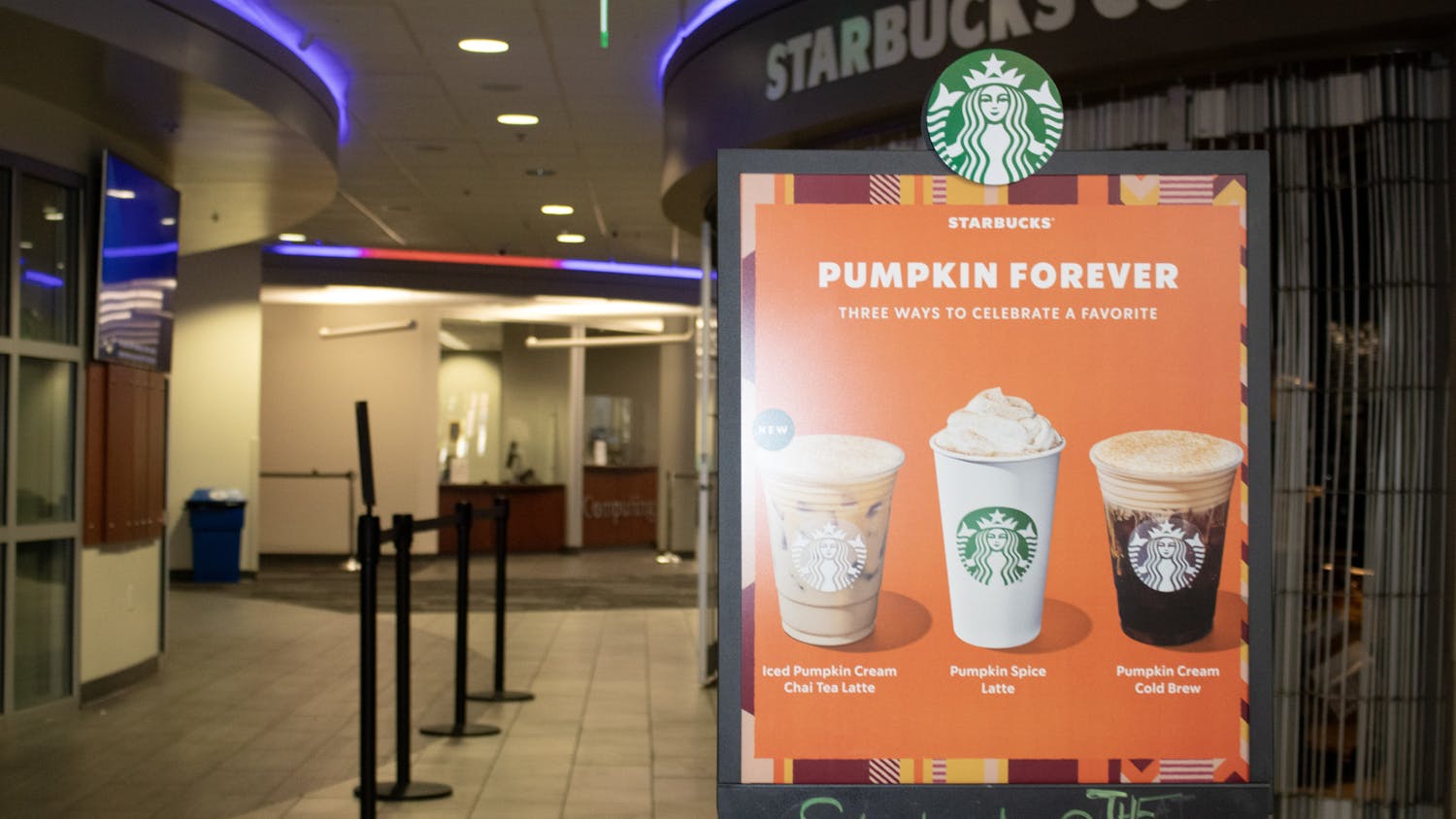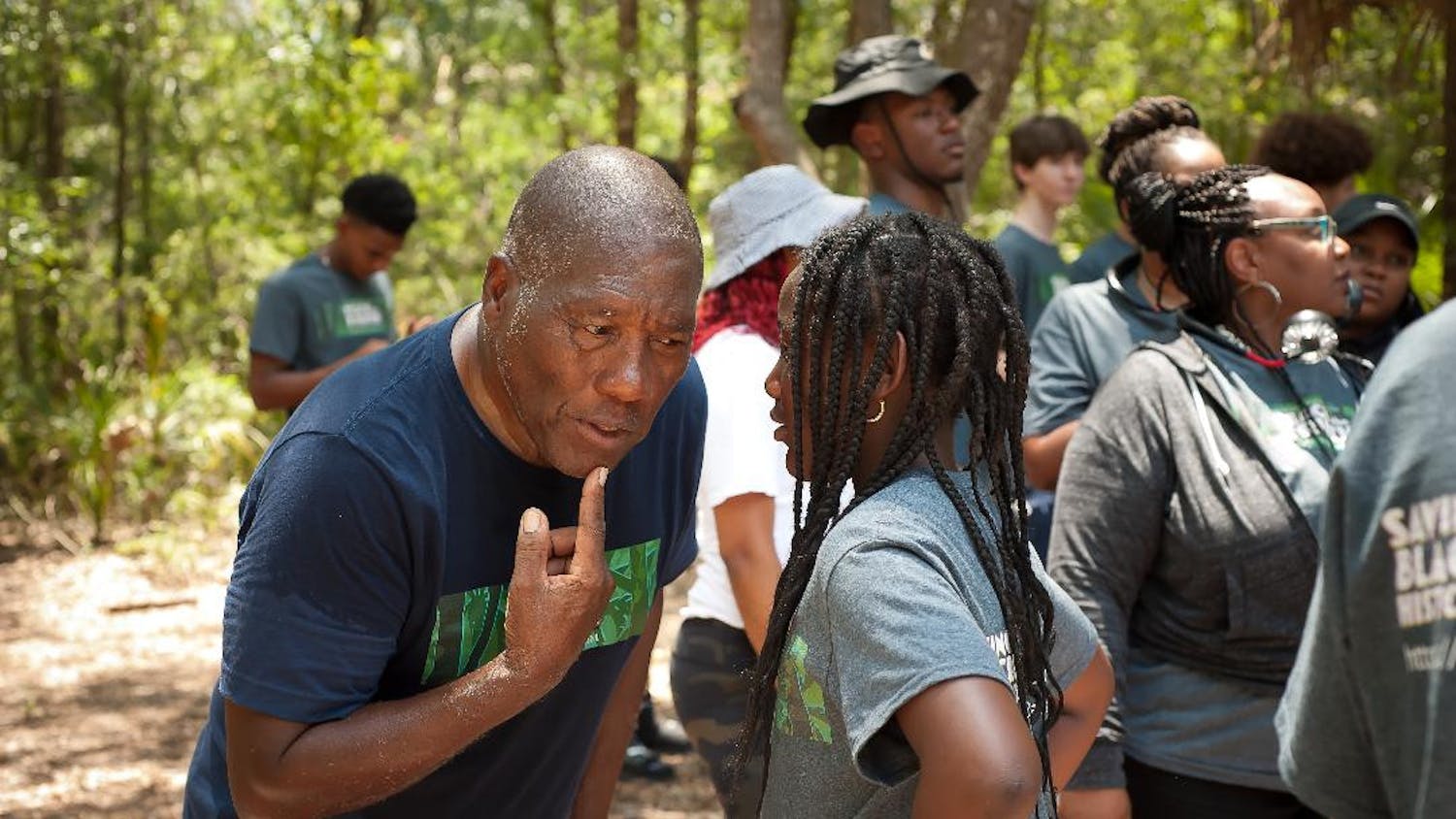In the span of one short week, Starbucks rolled out and ended a campaign called “Race Together,” with a hashtag and sticker set to match. Starbucks allowed its partners to write “Race Together” on customers’ cups, hoping to generate dialogue. By the way, “partner” is just what Starbucks calls its employees as a gesture of goodwill and to show that employees are valued.
Almost unanimously, Starbucks employees and customers alike condemned the idea as inappropriate and misguided. After such a tense and negative response, the company ended the cup messages part of the campaign — under the official explanation of they were always going to end it after a week — but are still encouraging the conversations.
For the sake of transparency, I am a Starbucks partner, and I do believe in the general integrity and good intentions of the company. Unfortunately, good intentions do not always manifest in workable strategies. I find it admirable that Starbucks saw the issues of race in America — something so prevalent and impossible to ignore — as worthwhile to discuss. In a country where so few companies are willing to take a stand on issues that affect their customer and employee base, it’s refreshing that Starbucks continually shows its support, as it did last year in asking customers to leave firearms outside the coffee shops for the safety of customers and employees, or in banning smoking outside stores.
I’m quite pleased to work for a company that recognizes race is an issue that needs national attention, but asking baristas to engage with customers on such tense issues was doomed to fail from the start. Race is a sensitive subject, and it can make people extremely upset or uncomfortable. This does not mean these issues should be ignored, but perhaps they should be left outside the realm of the Starbucks transaction.
As an employee, I can attest to tense situations being bound to occur inside a Starbucks without adding anything as serious as race into the mix. I’ve had customers berate me over cups of complimentary water, the amount of occupied tables in the lobby or my sheer audacity to run out of a certain item.
I don’t need to discuss hundreds of years of slavery, oppression and institutionalized racism with a 68-year-old ACR (Alachua County Resident). Some customers were already mad we stopped serving decaf; I don’t need to hear their opinions on race.
With baristas regularly on the receiving end of negativity and backlash, it makes sense that many of us, despite desires for real conversations about racism to take place, would rather avoid such discussions at work. A barista named Alana Banks wrote a poem about the experience of racism in the workplace before anything like #RaceTogether began. In her piece, she writes that a demanding customer called her a “black bitch.” Race Together won’t address the real issues of racism that some employees experience daily. We can't solve such massive issues with a simple conversation in a tense transaction with a stranger. Instead of looking to “start a dialogue,” perhaps Starbucks should look to take definitive action to better the environment for its partners of all races, and put new policies in place that refuse to tolerate such belittling treatment of employees.
There is a fine line between enduring customer service and enduring verbal abuse. Race Together began to promote conversation, but how much could a barista really say to an arguing customer without stepping outside the bounds of polite customer service? To me, the Race Together campaign shows a good amount of heart but very little thought from officials higher on the corporate ladder. Race Together appears to be the brainchild of Starbucks employees who are so far removed from the experience of working behind the counter that possible resulting tensions between partners and customers, or even within the staff, did not occur to them.
Starbucks operates on a motto of personalization and connection — really interacting with a customer in an attempt to brighten his or her day, a break from the anonymity of a typical food service transaction. Race Together was an attempt to extend that motto into social politics, which was perhaps a step too far. Espresso and activism don’t mix. When it comes to work, I like to leave my opinions at the door, no matter how firmly I’m resolved, because I know that a simple “discussion” with a customer is bound to solve absolutely nothing.
Amy Coker is a UF English junior. Her columns appear on Wednesdays.
[A version of this story ran on page 7 on 3/25/2015 under the headline “Intentions behind #RaceTogether misguided”]





